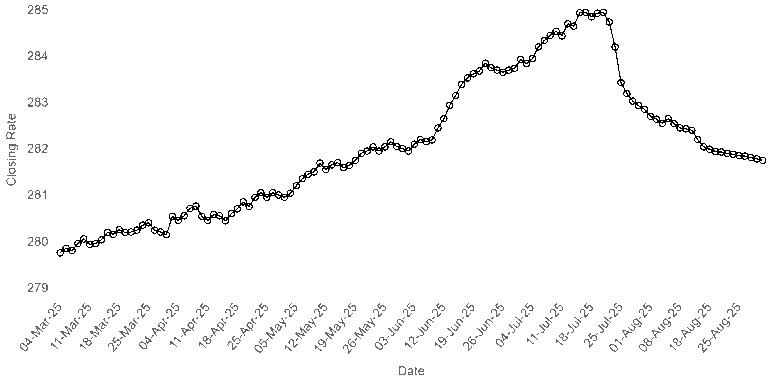
How to Create a Budget That Works for Beginners in 2025
Creating a budget that works for beginners in 2025 doesn’t have to be complicated. With rising costs and financial uncertainties, a solid budget is your roadmap to financial stability. This step-by-step guide will walk you through crafting a beginner-friendly budget, using practical personal finance tips to save money and achieve your goals.
Why Budgeting Matters in 2025

Budgeting is the foundation of financial success. It helps you track spending, avoid debt, and build savings. With inflation and economic shifts expected in 2025 is the perfect year to start budgeting. Whether you’re paying off student loans, saving for a house, or building an emergency fund, a budget gives you control over your money.
Step-by-Step Guide to Creating a Budget
1: Calculate Your Monthly Income
Start by determining your total monthly income after taxes. Include all sources: salary, freelance income, side hustles, or passive income streams. In 2025, consider any expected raises or income changes due to new opportunities in the gig economy.
Pro Tip: Use free budgeting apps like Mint or YNAB to automate income tracking.

2: Track Your Expenses
List all your expenses, including fixed costs (rent, utilities, subscriptions) and variable costs (groceries, entertainment). Review bank statements from the past 2–3 months to get a clear picture. In 2025, expect higher costs for essentials like groceries or gas, so factor in inflation.
Example:
- Rent: $1,200
- Groceries: $400
- Streaming services: $30
- Dining out: $150
3: Choose a Budget Method

Pick a budgeting method that suits your lifestyle. Here are two beginner-friendly options for 2025:
- 50/30/20 Rule: Allocate 50% of income to needs (housing, bills), 30% to wants (dining, hobbies), and 20% to savings or debt repayment. Ideal for simplicity.
- Zero-Based Budget: Assign every dollar a purpose (expenses, savings, investments) until your income minus expenses equals zero. Great for detailed planners.
Why it works: The 50/30/20 rule is flexible for beginners, while zero-based budgeting ensures no money is wasted.
4: Set Financial Goals
Define short-term (e.g., saving $1,000 for an emergency fund) and long-term goals (e.g., paying off credit card debt by 2026). In 2025, prioritize goals like building a 3–6 month emergency fund due to economic uncertainties.
SMART Goals:
- Specific: Save $500 for travel.
- Measurable: Track progress monthly.
- Achievable: Save $50/month.
- Relevant: Aligns with your lifestyle.
- Time-bound: By December 2025.
5: Monitor and Adjust Monthly
Review your budget monthly to stay on track. Use budgeting apps to get real-time spending alerts. If you overspend on dining out, cut back on non-essentials like subscriptions. In 2025, expect fluctuating costs (e.g., energy bills), so build a buffer into your budget.
Tip: Set aside 5–10% of income for unexpected expenses.
Common Budget Mistakes to Avoid in 2025
- Not Tracking Small Expenses: Daily coffee runs add up. Log every purchase.
- Ignoring Irregular Expenses: Budget for annual costs like car insurance or holiday gifts.
- Setting Unrealistic Goals: Don’t aim to save 50% of your income if it’s not feasible.
- Forgetting Fun: Allocate some funds for enjoyment to avoid burnout.
Tools to Simplify Budgeting in 2025
- Mint: Free app for tracking income and expenses.
- YNAB (You Need a Budget): Paid app with robust budgeting features.
- Google Sheets: Free for custom budget templates.
- PocketGuard: Helps prevent overspending with real-time insights.
Why Start Budget Now?
In 2025, financial planning is more critical than ever. With potential economic shifts, a budget helps you stay prepared. Beginners who start budgeting now can save thousands annually, reduce stress, and work toward financial independence.
Quick Stats:
- 60% of Americans don’t have a budget (2024 survey).
- Budgeters save 20% more than non-budgeters (NerdWallet, 2024).
Take Action Today

Ready to create your 2025 budget? Follow these steps:
- Calculate your income and expenses.
- Pick a budgeting method (50/30/20 or zero-based).
- Set SMART financial goals.
- Use a budgeting app to stay on track.
- Review and adjust monthly.
Start small, stay consistent, and watch your financial confidence grow. What’s your first budgeting goal for 2025? Share in the comments!
SEO Optimization Tips:
- Keywords: Budgeting for beginners, personal finance tips 2025, how to save money, create a budget.
- Meta Description: Learn how to create a budget that works in 2025! This beginner’s guide covers budgeting tips, tools, and mistakes to avoid for financial success.
- Internal Links: Link to related posts like “Top 10 Side Hustles for 2025” or “How to Build an Emergency Fund.”
- External Links: Cite reputable sources like NerdWallet or Mint for credibility.
- Headings: Clear H2/H3 structure for readability and SEO.
- Word Count: ~600 words for optimal blog length.







